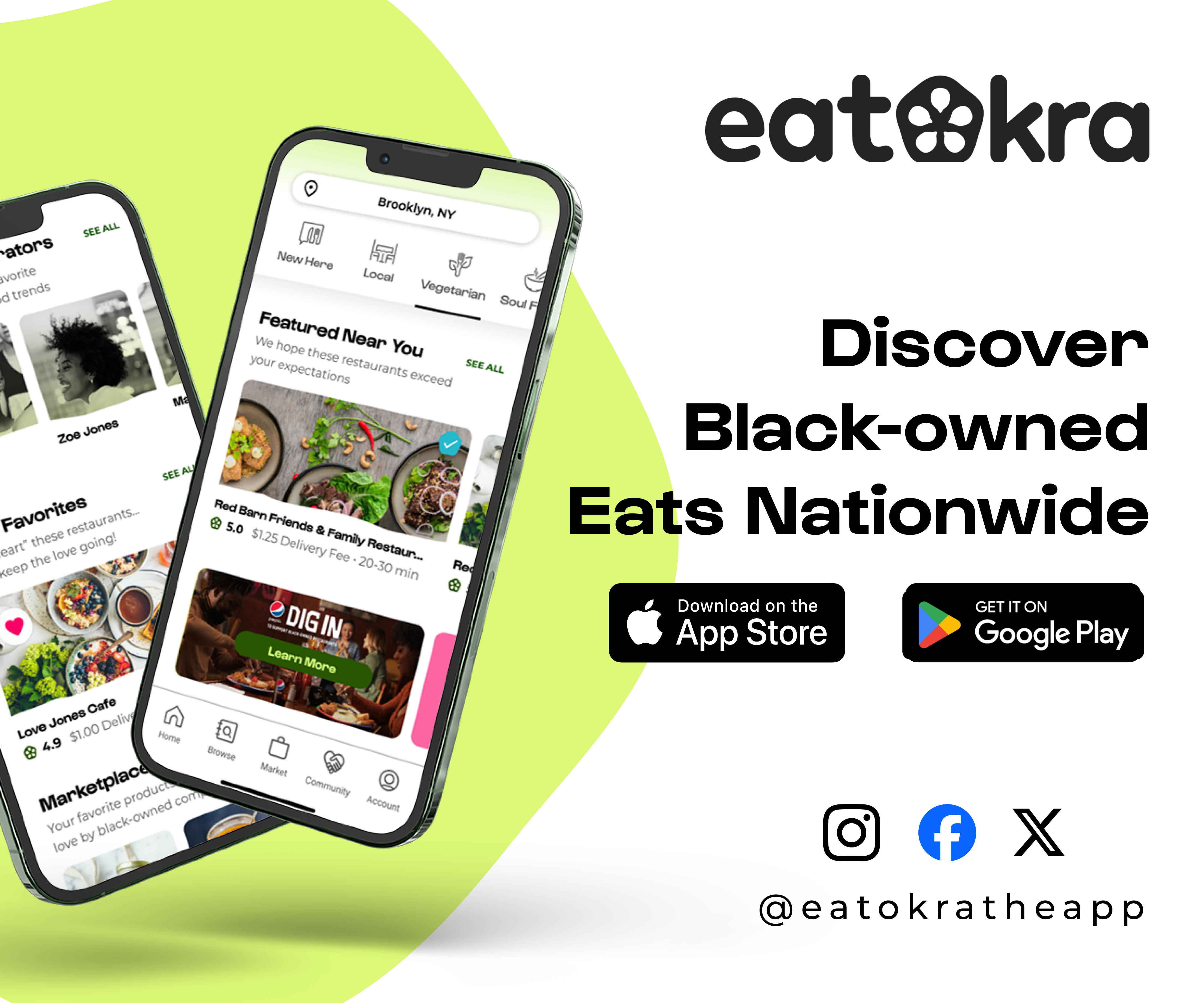The History Of Mauby—And Where To Find It
What better way to honor Caribbean Heritage Month than with a glass of something truly ancestral?
By EatOkra
Last updated 30 Jun, 2025Let’s talk about one of the Caribbean’s most iconic—yet somehow still underrated—drinks: Mauby.
Those who know, know. And lately, it seems more people are starting to catch on. Whether you grew up with a pitcher of it sitting on your grandmother’s kitchen table, or you’ve only recently spotted it on a trendy café menu, Mauby is finally starting to have its moment. (Honestly? It’s about time.)
What Is Mauby?
Mauby is one of those drinks that doesn’t try to win you over on the first date. It’s bold, it’s unapologetic, and it’s also full of character.
Made from the bark of the Mauby tree (also known as Colubrina elliptica), it’s a staple in many Caribbean households. Then you add in a mix of spices like cinnamon, aniseed, and cloves, boil it all up, and sweeten to taste.
It’s been a kitchen tradition for generations. Different islands have their own version, and every family on each island also swears that theirs is best. In Trinidad and Tobago, it’s often sweeter, while in Barbados, you can expect a stronger and more bitter flavor.
But no matter where you sip it, it’s an experience!
Bitterness With Benefits
Mauby isn't just a refreshing drink. It’s been praised by many as a digestive tonic and also as a blood pressure balancer. Old-school wisdom says it’s “good for your blood,” and while modern medicine might phrase that differently, the sentiment still stands strong. It’s a centuries-old and fully natural herbal remedy.
The Roots Of Mauby
Mauby’s story is deeply tied to the rich cultural blending that defines the Caribbean. The word Mabi (sometimes spelled Maví) has Indigenous roots, reflecting the layered histories of the Caribbean, where African, Indigenous, and European influences all came together to shape this iconic drink. While tree barks and herbal infusions were already part of the traditions of the Taíno and other Indigenous peoples of the region, enslaved Africans brought their own deep knowledge of plant-based remedies and fermentation techniques.
These communities combined what was available—local barks, herbs, and spices—to create nourishing drinks that offered both sustenance and healing. The drink then made a resurgence in the early 1900s when street merchants known as Mauby Women began selling it in Barbados. Over time, Mauby evolved from a practical necessity into a beloved cultural tradition, celebrated across islands and passed down through generations.
A Modern Take: Mabï Tea
Enter Mabï Artisanal Tea, which is a brand that’s been focused on preserving Mauby's legacy while also making it a more accessible drink.
To make its signature cold brew herbal teas, Mabï Tea's uses the tea blends procured by a Naturopathic doctor, Dr. Marie Roberte Laurent, along with Mauby bark and fruits.
You still get the authentic bark-and-spice flavor, but you will also get it with a smoothness that might even convert the skeptics.
Where To Find Mauby Around the World
Finding Mauby isn’t as tricky as it used to be. Here are a few places where Mauby lovers (and the curious) can get their fix:
United Kingdom
A restaurant named after the drink itself? You know it’s legit. This spot celebrates the Caribbean in every glass and on every plate.
United States
This place is where southern charm meets Caribbean spice. You can grab a roti, and then you’ll have to wash it down with their house-made Mauby.
Flambo Caribbean Indian Restaurant (Philadelphia, PA)
This is a beautiful blend of Indo-Caribbean cuisine, and yes, the Mauby flows.
Caribbean Delite Restaurant (Palmetto Bay, FL)
This community favorite is well-known for delicious Trinidadian dishes and an unbeatable glass of Mauby.






